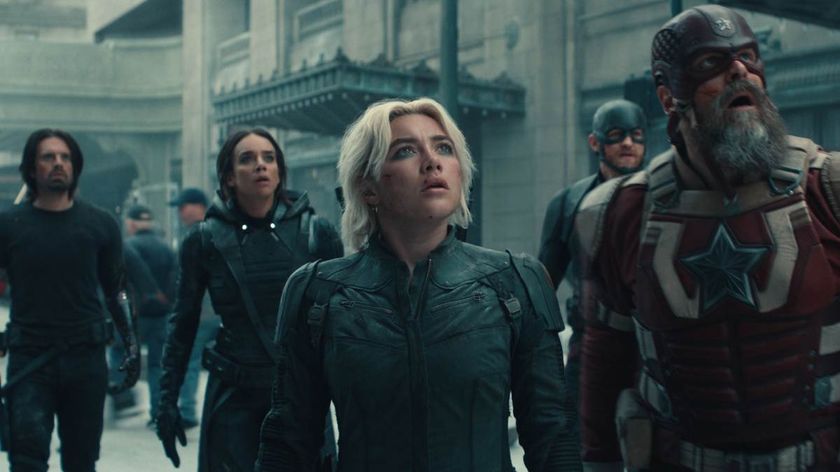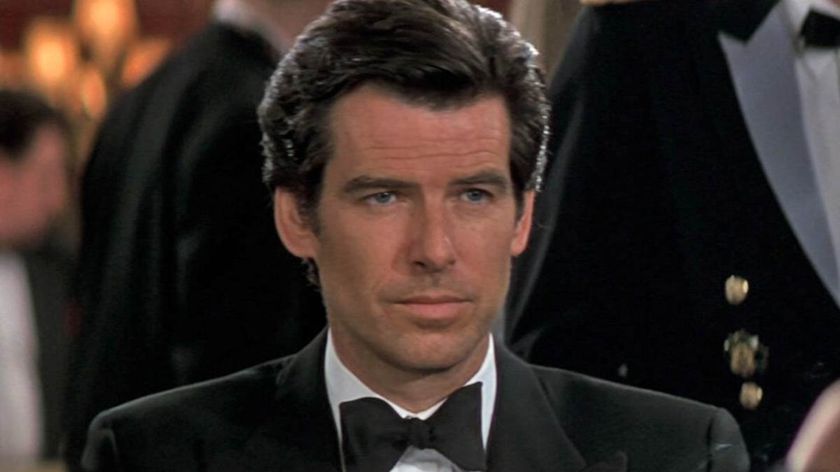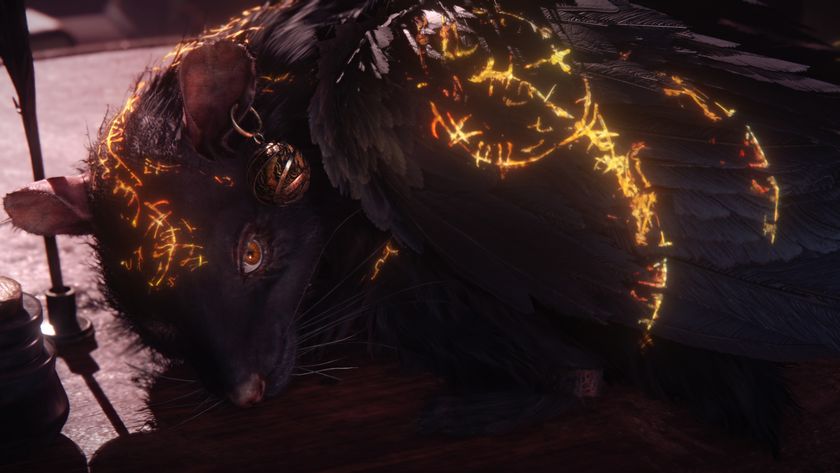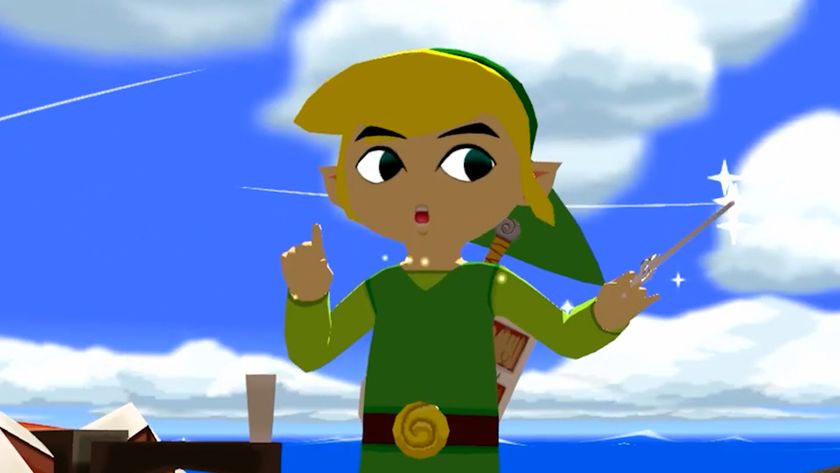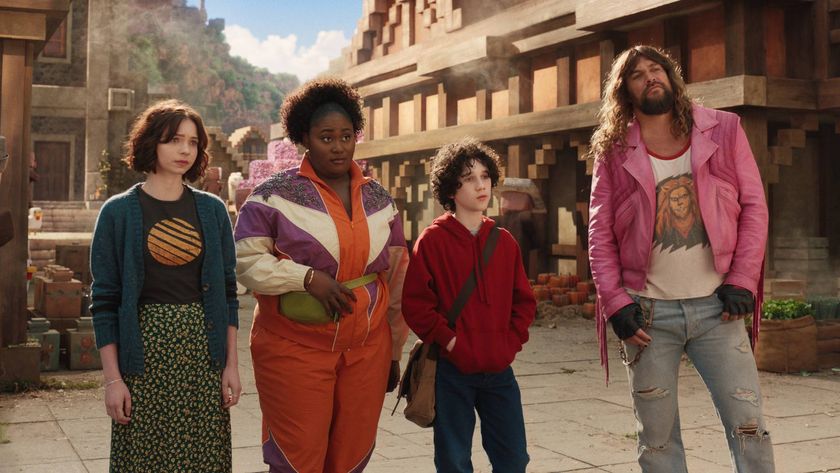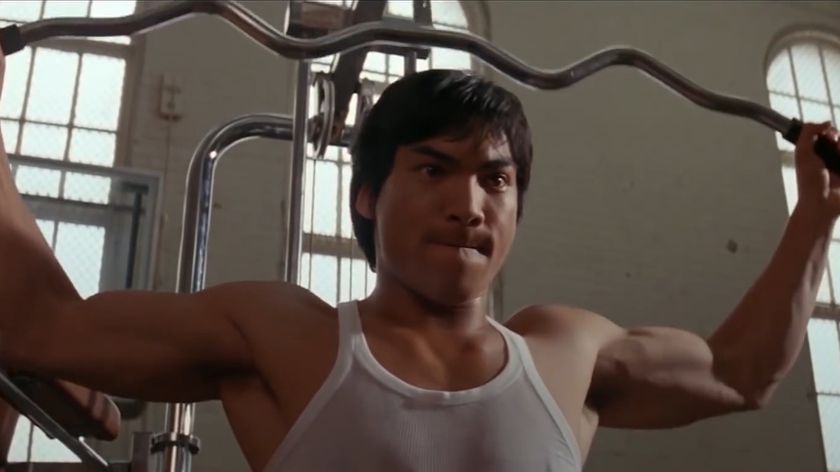Movies to watch this week at the cinema: Three Billboards Outside Ebbing, Missouri, Darkest Hour, and more
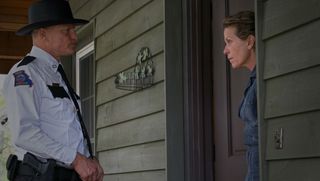
Out on Friday January 12
Frances McDormand is an unstoppable force in a fiercely intelligent, profanely poetic movie. An Oscar-aimed turn from Gary Oldman as Churchill.
Yes, here's this week's new releases. Click on for our reviews of Three Billboards Outside Ebbing, Missouri, Darkest Hour, A Woman’s Life, Eric Clapton: Life in 12 Bars, and Insidious: The Last Key.
For the best movie reviews, subscribe to Total Film.

Three Billboards Outside Ebbing, Missouri
There’s a scene midway through Martin McDonagh’s outstanding black comedy/modern-day western/revenge thriller when two protagonists are arguing nose-to-nose. Eyes are blazing. Spittle is spraying. But then their row comes to a resounding halt in the most unexpected, bloody manner. What happens, which won’t be spoiled here, is at once horrifying and mortifying and sad and gory and diabolically funny. What’s more, the complicated pause it triggers, in viewers and participants alike, is broken by two tender lines of dialogue that are utterly heartbreaking.
Anyone who’s seen British-Irish playwright-turned-filmmaker Martin McDonagh’s 2008 debut In Bruges (we’ll conveniently ignore his shallow, tricksy follow-up Seven Psychopaths) will already know that this is a writer/director who can switch moods in a heartbeat. But terrific third feature Three Billboards Outside Ebbing, Missouri is a notable leap forward, adding compassion and profundity to the volatile mix. It’s these flavours, for all the brassy brilliance on display, that linger longest.
At the heart of the tale stands Mildred Hayes (Frances McDormand), feet planted, eyes kindled. It’s been seven months since her teenage daughter was raped and murdered in her small hometown of Ebbing, Missouri, and the trail, according to Chief Willoughby (Woody Harrelson), has gone cold. Mildred thus decides to light a fire under the police department by hiring three disused billboards on the outskirts of town and adorning them with a hugelettered message to make the cops choke on their doughnuts.
But here’s the twist: Willoughby is no ogre or lunkhead (though the same can’t be said of Sam Rockwell’s vindictive Officer Dixon), but rather a smart, conscientious man who’s much liked by the townsfolk he diligently serves. He’s also dying of pancreatic cancer. None of which deters Mildred from getting all up in his grill at every opportunity. “The time it took you to get out here whining like a bitch, Willoughby, some other poor girl’s probably out there being butchered.”
Watching McDormand and Harrelson take aim at each other while armed with McDonagh’s ornate, vulgar dialogue is like receiving an adrenaline shot to the heart. And another. And then another, their vehement exchanges complicated by a friendship that goes back years. Both actors are at the top of their considerable games, with Harrelson bringing heart and dignity to Willoughby’s muscular authority, and McDormand spinning grandstanding speeches that thrum with rage, mischief and hostility.
But Mildred’s moral centre is unimpeachable. She is, in fact, a hugely likeable, deeply sympathetic figure who would nonetheless take your understanding and grind it into the mud. From pioneer stock, she’s no-nonsense to the bone. “What’s the law on what ya can and can’t say on a billboard?” she asks. “I assume ya can’t say nothing defamatory, and ya can’t say ‘Fuck’? That right?” It’s a powerhouse performance, McDormand’s best since winning an Oscar for 1996’s Fargo. A second golden baldie is surely in the post.
Also in the running will be Rockwell, who does some of his best work with a character who’s mean-spirited, physically abusive, racist… and so much more, as McDonagh’s sparkling screenplay again veers direction to flip assumptions on their head. Three Billboards is a movie in which even the second and third-rung players are gifted fully fleshed characters to inhabit – Caleb Landry Jones, Peter Dinklage and John Hawkes all provide sterling support – and which refuses to tick any screenwriting boxes unless said box is then royally upended.
Initially setting itself up as a frontier-justice drama replete with saloons and guns and populated by white hats and black hats, it writhes and bucks and turns inside out. Stop the film halfway through and you won’t know where it’s going. Stop it again 10 minutes from the end and you won’t be any clearer.
Such refusal to adhere to formula is exhilarating. Displaying versatility and virtuosity in equal measure, McDonagh has fashioned a film that’s cruel and compassionate, noble and ugly, funny and elegiac, showboating and profound. It is a study of violence, authority and privilege, of grief and guilt, of revenge and forgiveness, and it concludes in the most perfect way imaginable. The only way it could, really – and a way that 99 per cent of Hollywood thrillers would not dare to entertain.
Few people outside of the Coens and Tarantino could forge a thriller so bristling with brio. Don’t miss it, or you’ll have Mildred Hayes to deal with…
THE VERDICT: McDormand is an unstoppable force in a fiercely intelligent, profanely poetic movie that shifts tonal gears at breakneck speed.
Director: Martin McDonagh; Starring: Frances McDormand, Woody Harrelson, Sam Rockwell, Caleb Landry Jones, Peter Dinklage; Theatrical release: January 12, 2018
Jamie Graham

Darkest Hour
Following recent turns by Brian Cox (Churchill), John Lithgow (The Crown), Michael Gambon (Churchill’s Secret) and Robert Hardy (Churchill: 100 Days That Saved Britain), the latest in a line of eminent thesps to tackle the sonorous role of Sir Winston is Gary Oldman. And a masterful job he makes of it, too. The stomping walk, the jutting lower lip, the rhetorical delivery with its studied pauses – all this, with the help of some not-too-obtrusive prosthetics, transforms him very convincingly into the iconic wartime leader.
Not always so convincing are some of the things Joe Wright’s movie has Winston do. It all starts authentically enough: we’re in May 1940, the war’s going badly – disastrously – and beleaguered PM Neville Chamberlain (Ronald Pickup) realises he must stand down. Reluctantly, the cabinet decides that Churchill is the only man whom the opposition, and the country, will accept.
Bolstered by his wife Clementine (Kristin Scott Thomas), he takes the job, but at once finds himself under pressure from all sides. Belgium and the Netherlands have fallen, the French army has been routed and the Brits have been pinned to a small enclave around Dunkirk. In the war cabinet, Churchill’s being urged – especially by Chamberlain and his ally Viscount Halifax (a vampiric Stephen Dillane) – to seek peace terms from Hitler. The Italian government is offering to mediate.
Despite Clemmie encouraging him to stand firm, Churchill’s about to capitulate. But then he gets a visit from King George VI (Ben Mendelsohn) who tells him he should consult “the people”. So Winston – having never been on a bus in his life – trots down to his local Tube station, buys himself a ticket (with the help of a friendly woman) and boards a train. There he encounters a range of assorted citizens who exhort him with one voice to defy Adolf. Buoyed up, Winston heads back to the House, rallies his party… and the rest is speech-making history.
The absurdity of the Tube jaunt aside, most of Darkest Hour hits the spot. There’s great chemistry between Oldman and Scott Thomas, she coolly deflating Winston’s more intemperate outbursts, and between Oldman and Mendelsohn, as the king overcomes his aversion and starts to appreciate his bulldog PM. And Lily James, as the PM’s put-upon secretary, has a sweet moment when she explains he must do his V for victory sign the other way around, lest it mean “Up yer bum!” (Cue helpless chortles from Churchill.)
We’re covering well-trodden ground, but the thunderous energy of Oldman’s performance, backed up by Wright’s sinewy camerawork, carries it through.
THE VERDICT: An Oscar-aimed turn from Gary Oldman anchors this WW2 portrait of Churchill at his most beleaguered. Just mind the gap…
Director: Joe Wright; Starring: Gary Oldman, Kristin Scott Thomas, Lily James; Theatrical release: January 12, 2018
Philip Kemp

A Woman’s Life
Set in 19th Century Normandy, Stéphane Brizé’s masterful adap of Guy de Maupassant’s novel follows the shifting family fortunes of noblewoman Jeanne (Judith Chemla).
It’s shot in the boxy Academy ratio, which heightens the sense of Jeanne being hemmed-in by society’s strictures. There’s poignancy too, thanks to Brize’s build-up of telling details and Chemla’s subtle turn.
Director: Stéphane Brizé; Starring: Judith Chemla, Jean-Pierre Darroussin, Yolande Moreau; Theatrical release: January 12, 2018
Tom Dawson

Eric Clapton: Life in 12 Bars
Smack, infidelity and tragedy are backdrops to the blues in Lili Fini Zanuck’s ill-balanced doc on the guitar god’s life. Zanuck’s archive haul and unflinching eye prove robust, but Clapton’s flat commentary is just one bum note here.
The ‘Layla’ era is over-indulged while the stodgier later work rushed over, resulting in a portrait that’s several bars short of the full riff.
Director: Lili Fini Zanuck; Theatrical release: January 12, 2018
Kevin Harley
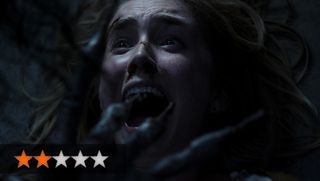
Insidious: The Last Key
The fourth instalment (and second prequel) in the Insidious series, The Last Key delves into the troubled New Mexico childhood of resident demonologist Elise Rainier (Lin Shaye).
With her back-ups Specs (Leigh Whannell, also again on writing duties) and Tucker (Angus Sampson) once again cracking wise (“she’s psychic, we’re sidekicks”), new director Adam Robitel takes too long cranking it up, with good scares all too scarce. At least the excellent Shaye remains the saga’s beating heart.
Director: Adam Robitel; Starring: Angus Sampson, Lin Shaye, Leigh Whannell; Theatrical release: January 12, 2018
James Mottram
The Total Film team are made up of the finest minds in all of film journalism. They are: Editor Jane Crowther, Deputy Editor Matt Maytum, Reviews Ed Matthew Leyland, News Editor Jordan Farley, and Online Editor Emily Murray. Expect exclusive news, reviews, features, and more from the team behind the smarter movie magazine.
